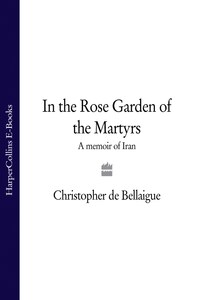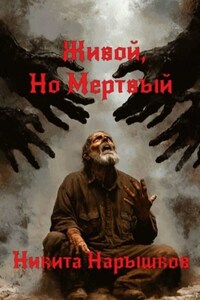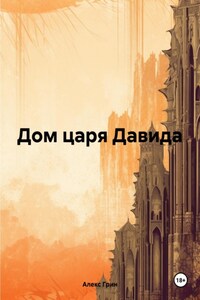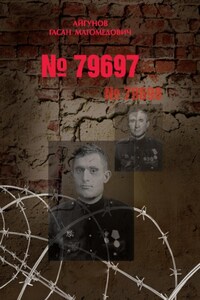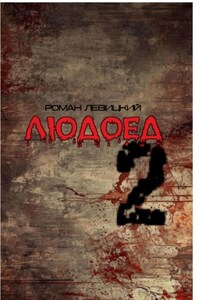HarperCollinsPublishers Ltd 1 London Bridge Street London SE1 9GF
www.harpercollins.co.uk
This edition published by HarperPress 2005
First published by HarperCollinsPublishers 2004
Copyright © Christopher de Bellaigue 2004
Sections of this book have appeared in Granta, the London Review of Books and the Paris Review
Christopher de Bellaigue asserts the moral right to
be identified as the author of this work
Extracts from the poetry of Rumi reprinted
by permission of Threshold Productions
A catalogue record for this book is
available from the British Library
All rights reserved under International and Pan-American Copyright Conventions. By payment of the required fees, you have been granted the nonexclusive, nontransferable right to access and read the text of this ebook on-screen. No part of this text may be reproduced, transmitted, downloaded, decompiled, reverse engineered, or stored in or introduced into any information storage and retrieval system, in any form or by any means, whether electronic or mechanical, now known or hereinafter invented, without the express written permission of HarperCollins ebooks
HarperCollinsPublishers has made every reasonable effort to ensure that any picture content and written content in this ebook has been included or removed in accordance with the contractual and technological constraints in operation at the time of publication.
Source ISBN: 9780007113941
Ebook Edition © MARCH 2013 ISBN 9780007372812
Version: 2019-07-24
Abdolrahman, Hassan: American convert to Islam who carried out an assassination on behalf of the Islamic Republic and then took refuge in Iran.
Alavi Tabar, Ali-Reza: Islamic revolutionary and holy warrior in the war against Iraq who later became an influential figure in Muhammad Khatami’s reform movement.
Amini, Reza: subordinate of the famous Isfahani commander Hossein Kharrazi.
Bani-Sadr, Abolhassan: the Islamic Republic’s first president, who later revolted against Ayatollah Khomeini and was forced into exile.
Bazargan, Mehdi: provisional prime minister after the Revolution, who resigned during the US hostage crisis.
Emami, Saeed: senior Intelligence Ministry figure of the 1990s, alleged mastermind of the ‘serial murders’ of dissidents.
Forouhar, Darioush: a minister after the Revolution, he fell out with the religious establishment and was one of the final victims of the ‘serial murders’.
Forouhar, Parastu: justice-seeking daughter of Darioush Forouhar.
Ganji, Akhar: investigative journalist, jailed for his part in exposing the ‘serial murders’ of dissidents in the 1990s.
Ghorbanifar, Manuchehr: arms dealer involved in the Iran – Contra scandal.
Hashemi, Mehdi: fanatical revolutionary whose rift with the establishment led to the exposure of the Iran – Contra scandal.
Hossein b. Ali: third Shia Imam, who was killed at Karbala in 680.
Khalkhali, Sadegh: revolutionary official, Iran’s ‘hanging judge’.
Khamenei, Ayatollah Ali: second president of the Islamic Republic and Khomeini’s successor as Supreme Leader, or Guide, of the Islamic Revolution.
Kharrazi, Hossein: inspirational Isfahani war commander.
Khatami, Muhammad: elected president in 1997, he failed to implement most of the democratizing reforms that he envisaged.
Khomeini, Ayatollah Ruhollah: father of the Islamic Revolution and the Islamic Republic’s first Supreme Leader, or Guide.
Makhmalbof, Mohsen: revolutionary film-maker.
Montazeri, Ayatollah Hossein-Ali: Khomeini’s designated successor, stripped of the succession for being too independent.
Muhammad Mossadegh: controversial prime minister who nationalized Iran’s oil industry and was deposed, in a CIA-run coup, in 1953.
Pahlavi, Muhammad-Reza: the final Shah of Iran, deposed in the 1979 Revolution.
Pahlavi, Reza: the founder of the Pahlavi dynasty, the Shah’s father.
Rafii, Muhammad-Ali: Isfahani cleric, subordinate of Hossein Kharrazi.
Rafsanjani, Ali-Akhar Hashemi: president between 1989 and 1997.
Rezai, Mohsen: Revolutionary Guards commander during the Iran – Iraq war.
Shirazi, Sayyad: army chief during the Iran-Iraq war.
Teyyeb, Haji-Rezai: Tehran mafioso.
Zarif, Sadegh: revolutionary, seminarian and, latterly, film-maker.
